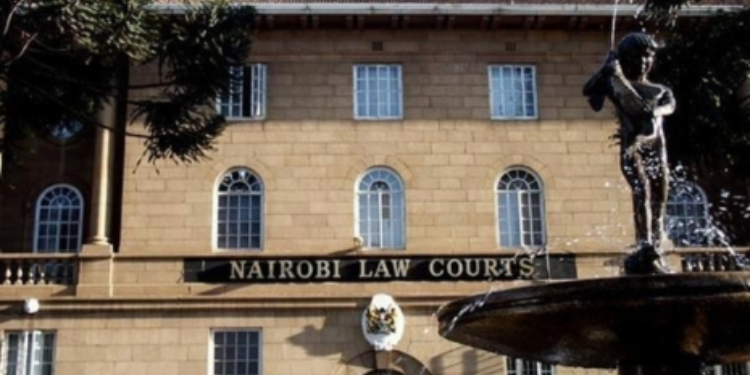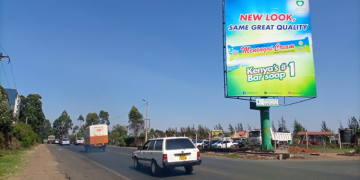In Kenya, anyone arrested has the constitutional right to apply for bail or bond, unless compelling reasons exist to deny release.
The process depends on whether the application is made at a police station or in court.
At the police station, a suspect accused of a minor offense can be released on cash bail, a personal bond, or recognizance.
The officer in charge may set conditions to ensure the accused appears in court.
In petty cases, suspects may even be granted a free bond, particularly if they are not considered flight risks.
Police are required to issue official receipts for cash bail and inform suspects of the reasons for denial or conditions attached
How Bail or Bond Works
For serious offenses such as murder or robbery with violence, release is only possible through a court order.
At this stage, the accused is presented before a magistrate within 24 hours. The court determines whether bail should be granted, the amount, and any conditions, such as providing sureties or travel restrictions.
The prosecution may object, citing risks like witness interference or threats to public safety. In such cases, the court holds a bail hearing before making a decision.
Also Read: Click to Court: Guide to Filing a Case Through the Judiciary E-Portal
To apply for bail or bond, the accused person or their lawyer must request release during the first court appearance.
The magistrate or judge then evaluates the circumstances, including the seriousness of the offense, the suspect’s ties to the community, and whether they pose a risk of flight.
If bail is granted, security documents such as title deeds, vehicle logbooks, or payslips may be accepted as surety.
Failure to meet bail terms means continued detention, though applications for review of bail conditions are allowed
Step-by-Step Application Process
At Arrest: After being arrested, you have the right under Article 49(1)(h) of the Constitution to apply for bail or bond, unless compelling reasons exist to deny release.
At the Police Station: If accused of a minor offense, you may be released on cash bail, personal bond, or recognizance.
The officer in charge sets reasonable bail terms and issues an official receipt for any cash bail paid.
For petty offenses, police may grant a free bond if you are not a flight risk.
For Serious Offenses: If charged with grave crimes such as murder, robbery with violence, or treason, you cannot get police bail.
You must be presented before a court within 24 hours for a bail hearing.
Also Read: Click to Court: Guide to Filing a Case Through the Judiciary E-Portal
Court Application: During the first court appearance, you or your lawyer can request bail or bond.
The magistrate or judge considers factors like the seriousness of the offense, risk of absconding, likelihood of interfering with witnesses, and your community ties.
Court Decision: If bail is granted, the court sets the amount and any conditions (e.g., surrender of passport, regular reporting, or staying away from certain individuals).
You may need to provide sureties or security documents (title deeds, logbooks, payslips).
Posting Bail or Bond: Once the conditions are met and the sureties are approved, you are released.
If you are unable to meet the terms, you will remain in custody but can apply for a review of your bail conditions.
Compliance: You must attend court as required and abide by all conditions.
Breach of bail terms may lead to revocation and re-arrest.
Follow our WhatsApp Channel and X Account for real-time news updates.












































































